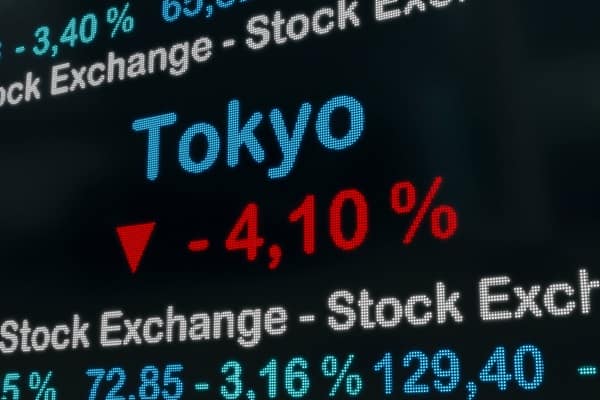
"Prime Minister Sanae Takaichi's October confirmation triggered immediate volatility across Japanese markets. Long-term bond yields reached multi-year highs, the yen fell past the 150-per-dollar threshold, and equity indices climbed to record territory. Her public calls for looser monetary policy clashed with market expectations, forcing some investors to recalibrate their assumptions about the Bank of Japan's next moves. The turbulence reflects deeper pressures reshaping Japan's corporate funding environment."
"Borrowing costs are climbing as the Bank of Japan inches toward policy normalization, having exited negative rates in 2024 and raised its benchmark to 0.5% earlier this year. Meanwhile, export-dependent manufacturers face mounting headwinds from U.S. tariffs, with July exports posting their steepest decline in four years. Factory activity has contracted for six consecutive months through September. Japanese equities holdings remain a largely untapped potential source of liquidity that could provide funding flexibility to navigate this new environment."
"EquitiesFirst operates in this market, providing financing secured by equity holdings across Asian markets. The firm's model provides access to capital financed against existing shareholdings. It represents one segment of the broader private credit expansion occurring as companies seek alternatives to conventional debt markets."
"Rising yields squeeze traditional funding channels Takaichi's advocacy for fiscal expansion and reluctance to embrace further rate hikes has created uncertainty about Japan's debt trajectory. The 30-year government bond yield hit 3.345% in October, its highest level since the security's 1999 debut, as investors priced in fiscal risks. Amundi Investment Institute projects the yield could climb above 3.5% in coming months if Takaichi pursues aggressive spending without clear financing mechanisms."
Prime Minister Sanae Takaichi's October confirmation triggered volatility across Japanese markets, sending long-term yields to multi-year highs, pushing the yen past 150 per dollar, and lifting equity indices. The Bank of Japan has exited negative rates and raised its benchmark to 0.5% in 2024, driving up borrowing costs as normalization continues. Export-dependent manufacturers face falling exports and six months of contracting factory activity. Rising sovereign yields are increasing corporate borrowing costs and encouraging firms to consider equity-backed financing and private credit solutions, including loans secured by existing shareholdings.
Read at London Business News | Londonlovesbusiness.com
Unable to calculate read time
Collection
[
|
...
]